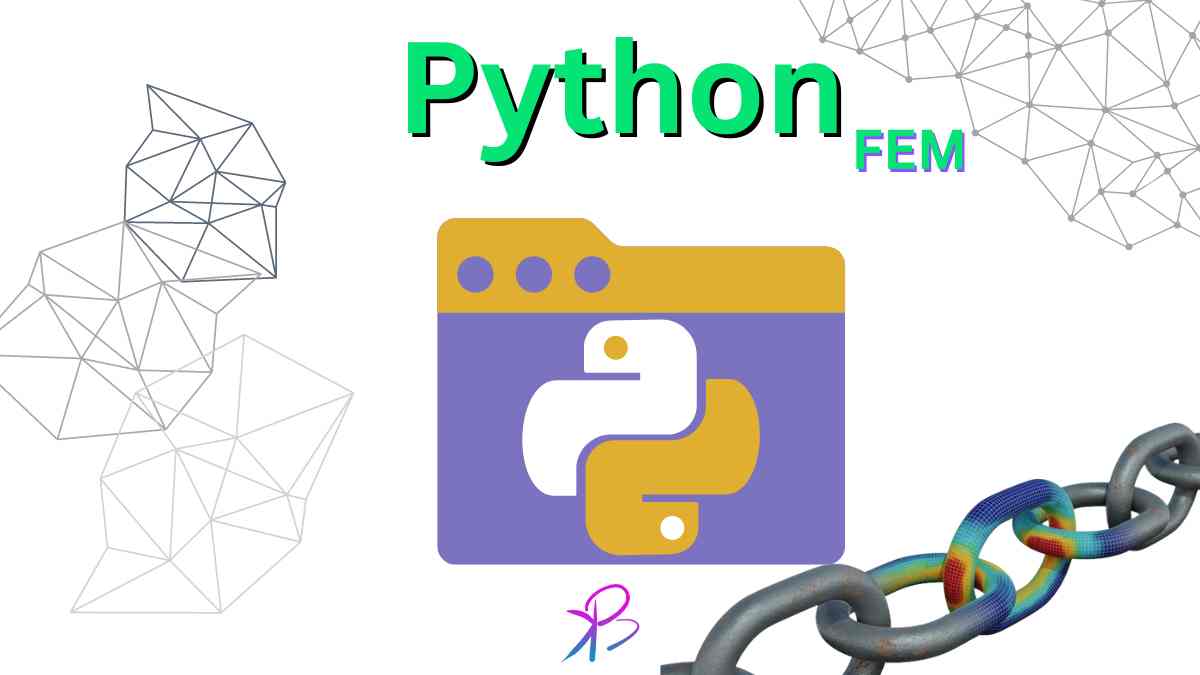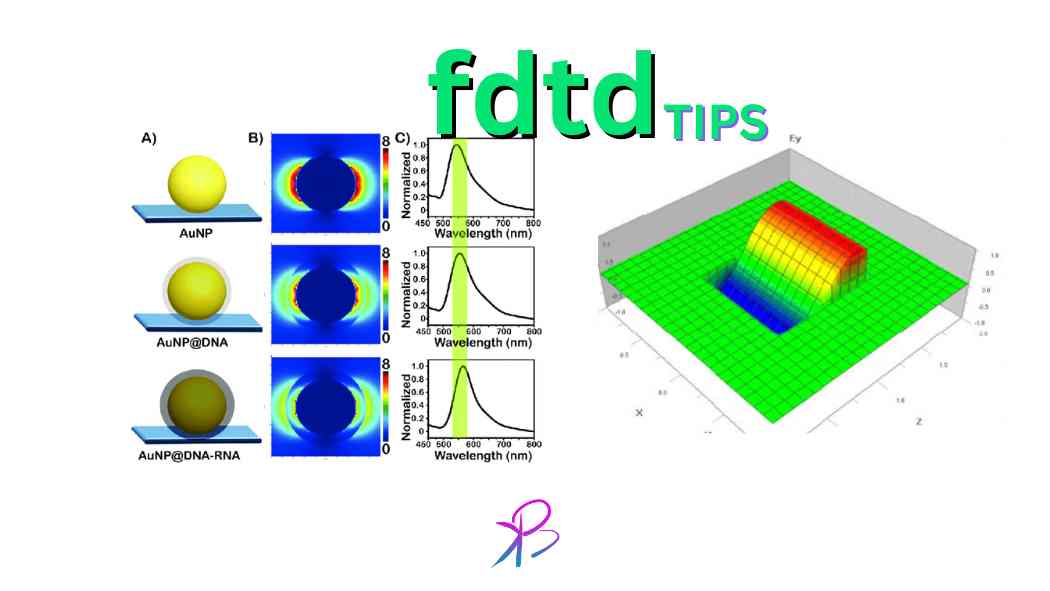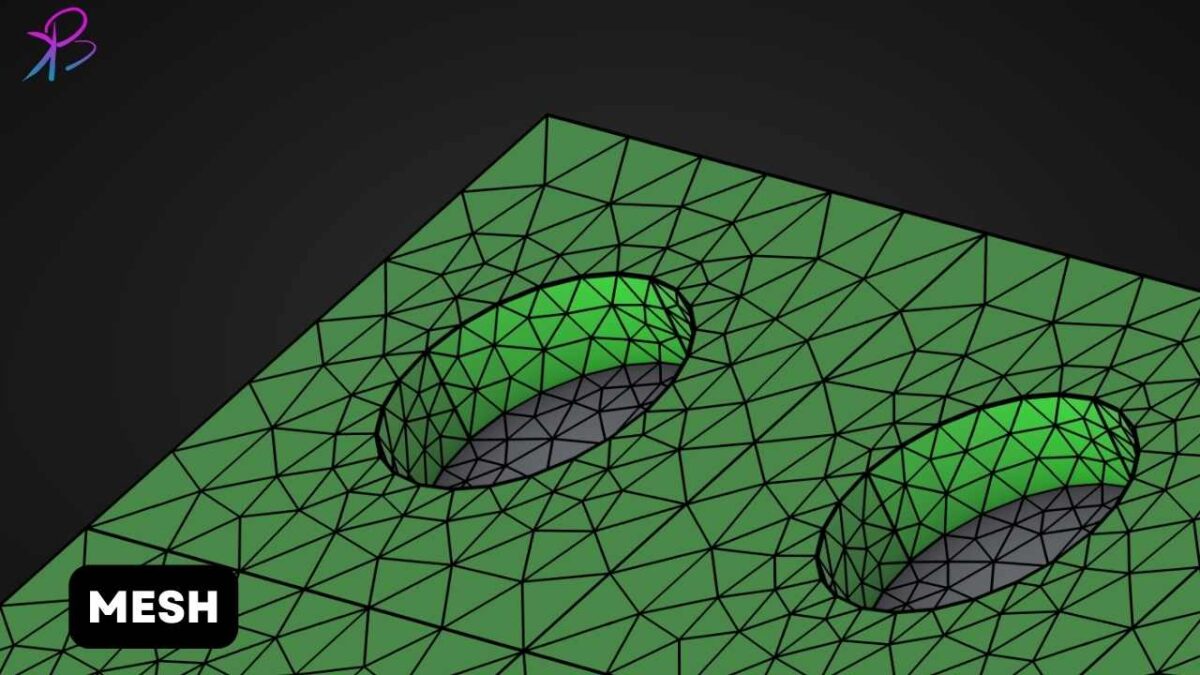10 Tips and Tricks of ANSYS Simulations – Mastering ANSYS simulations can significantly enhance your engineering projects, making them more efficient, accurate, and insightful. Whether you’re a novice or an experienced user, there’s always room to optimize your simulation workflow. Here are ten tips and tricks to help you get the most out of ANSYS […]






